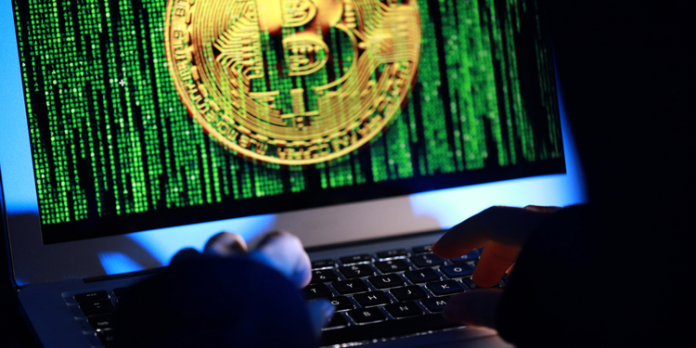Russia’s ban from the SWIFT system will impact cybercriminals, too. Threat actors fear the country’s going back to the Soviet era economy.
Since Russian forces invaded Ukraine last week, a tsunami of countermeasure hit the aggressor country.
One round of the sanctions imposed by the US, EU, UK, and others banned Russian banks from the global financial transaction systems, SWIFT.
While Russia has an alternative payment system, SPFS, its membership is scarce and isolated.
According to the Digital Shadows Photon Research Team, cybercriminals fear the fallout from the sanctions as much as anyone else.
The sentiment amongst Russian-speaking threat actors is that living outside the SWIFT system will cause massive damage to the Russian economy.
While some fear that economically, the country might go back as far as Soviet times, others think the sanctions imposed on Russia will impact Russians for generations to come.
The Russian cybercriminal community discussed using cryptocurrencies to bypass sanctions and substitute the rouble, Russia’s currency that lost a third of its value since the start of the war with Ukraine.
The Digital Shadows Photon Research Team says that there’s no agreement between Russian threat actors on the use of crypto. While some think it’s possible to bypass some Western sanctions, others believe the process is difficult.
Since the blockchain design provides some level of transparency, the systems make it difficult for sanctioned entities to bypass them.
It’s highly unlikely, discussed Russian-speaking cybercriminals that average Russians without specialist knowledge of cryptocurrencies will manage to do that.
Even if some understand the nitty-gritty of using crypto, it will be challenging to exchange fiat money for crypto. Many of the largest crypto exchanges will comply with Western sanctions to avoid being cut off from the financial world.
Russian invasion
On the night of February 24, Russian forces invaded Ukraine. In light of the attack, the hacker community started rallying to help Ukrainians.
With Anonymous being the most prominent one, numerous hacker groups and researchers partake in various campaigns to help Ukraine.
An unknown group has set up a website tool that allows people to participate in distributed denial of service (DDoS) attacks against Russian websites that it claims are spreading disinformation.
Additionally, cybersecurity firms are urging ordinary civilians to join the cyberwar by means of an app that allows them to attack Russian websites spreading disinformation.
Hackers claim to have breached numerous Russian state organizations, including Russia’s state nuclear energy corporation Rosatom and the Russian space agency Roscosmos.
According to the United Nations, over 1 million people have fled Ukraine to neighboring counties. Ukrainian officials claim the Russian invasion has already claimed 2,000 civilian lives.
More from Cybernews:
Kaspersky neutral stance in doubt as it shields Kremlin
Will APAC dominate the digital economy?
New report reveals a sharp rise in Facebook phishing
Ukraine’s tech diaspora to cybersecurity firms: drop Russian clients
Cybersecurity needs to improve if IoT is to thrive
Subscribe to our newsletter











